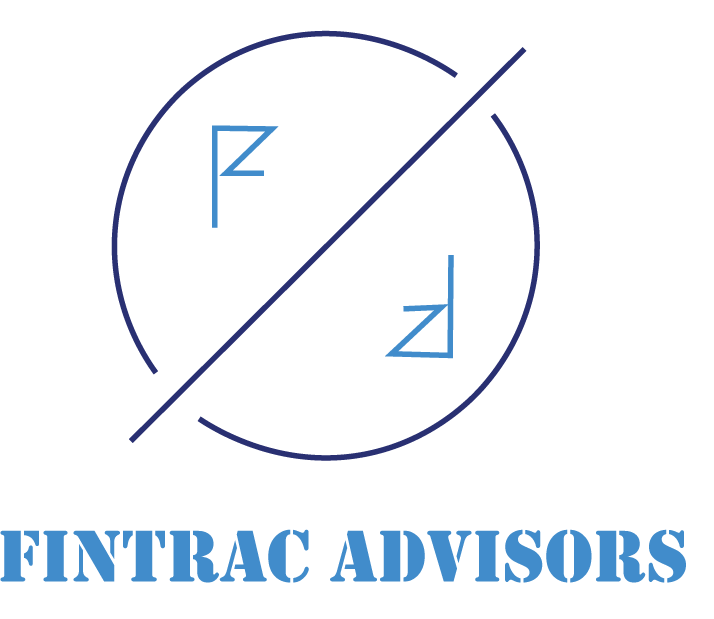USA: BENEFICIAL OWNERSHIP INTEREST – New Requirement

Ravi Kishore KNV.
Qualified Chartered Accountant having 15 years of Post-Qualification experience and a Cost and Management Accountant with All India 9th rank having worked with industries like Manufacturing, Wholesale jewelry, Branded Jewellery, Turnkey Construction, Marketing Agencies

Neeraj Agarwal
I Neeraj Agarwal, am a Fellow Member of ICAI, practicing under the banner of M/s AAN & Associates LLP, a firm based out of Banglore Mumbai.
I am also registered under Insolvency and Bankruptcy Board of India as a Registered Valuer for valuation of Security or Financial Assets (Passed in Feb 2020)
I am also holding Bachelor of Commerce (B. Com) degree from Calcutta University (Passed in 2011).
I have corporate working experience in Wipro. After working in Wipro for a short period I started my practice in late 2013 and have been in practice so far for the last 10 years. I have also completed a Certificate Course by ICAI on IND-AS in 2020. I have also cleared Social Auditor Exam conducted by NISM.
I have been inducted as a Special Invitee to the Sustainability Reporting Standard Board, ICAI for the FY 2023-24.
Overview of the Requirement
A new regulation mandates that all companies report their Beneficial Ownership information to the government. This measure aims to increase transparency in business operations and deter illegal activities like money laundering and fraud.
In 2021, Congress enacted the Corporate Transparency Act, introducing a new requirement for small business entities, such as LLCs and corporations, to report identifying information about their “beneficial owners.” Beneficial owners are individuals who own at least 25% of the business or exercise substantial control over it. The law’s provisions took effect on January 1, 2024, obligating many small businesses, including Registered Investment Adviser (RIA) firms, to submit a Beneficial Ownership Information (BOI) report to the Treasury Department’s Financial Crimes Enforcement Network (FinCEN). This reporting aims to enhance transparency and combat financial crimes.
Who Needs to Report?
This requirement applies to all companies registered through official filings with a state secretary or similar office in the U.S., including:
- Corporations: All incorporated entities, regardless of size or scope.
- Limited Liability Companies (LLCs): Both single-member LLCs, like those for real estate, and multi-member LLCs for small businesses.
- Other Entities: Any other officially filed entities.
Reporting Deadlines
The deadlines for reporting Beneficial Ownership Information (BOI) are as follows:
- For Companies Created or Registered Before January 1, 2024: These companies must submit their initial BOI report by January 1, 2025, providing a one-year window to comply.
- For Companies Created or Registered in 2024: These entities have 90 days to file their BOI report after receiving notification of their creation or registration. The deadline emphasizes the importance of prompt reporting for newly established companies.
- For Companies Created or Registered on or After January 1, 2025: The reporting window tightens, with these companies having just 30 days to file their BOI report after receiving notification. This stricter timeline underscores the government’s commitment to quickly gathering ownership information.
Definition of a Beneficial Owner
A beneficial owner is defined as any individual who:
- Directly or Indirectly Owns or Controls at Least 25% of the Company’s Ownership Interests: This includes both direct ownership through shares or indirect control through other means.
- Exercises Significant Control Over the Company: This could involve decision-making authority or influence over the company’s strategic direction.
The focus here is on identifying individuals who have substantial influence over a company’s operations, whether through ownership or control.
Penalties for Non-Compliance
The Corporate Transparency Act imposes strict penalties for non-compliance with BOI reporting requirements:
- Civil Penalties: Individuals or entities that willfully fail to comply may face fines of up to $500 per day of violation. This can accumulate quickly, leading to substantial financial penalties.
- Criminal Penalties: More severe consequences include up to two years of imprisonment and a fine of up to $10,000. These penalties apply to those who willfully fail to file, submit false information, or neglect to update previously reported details.




